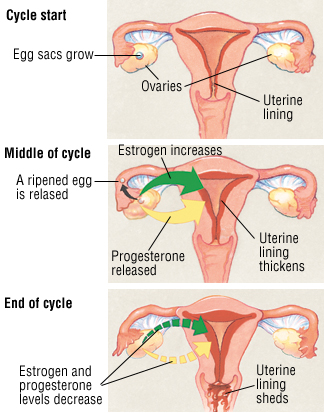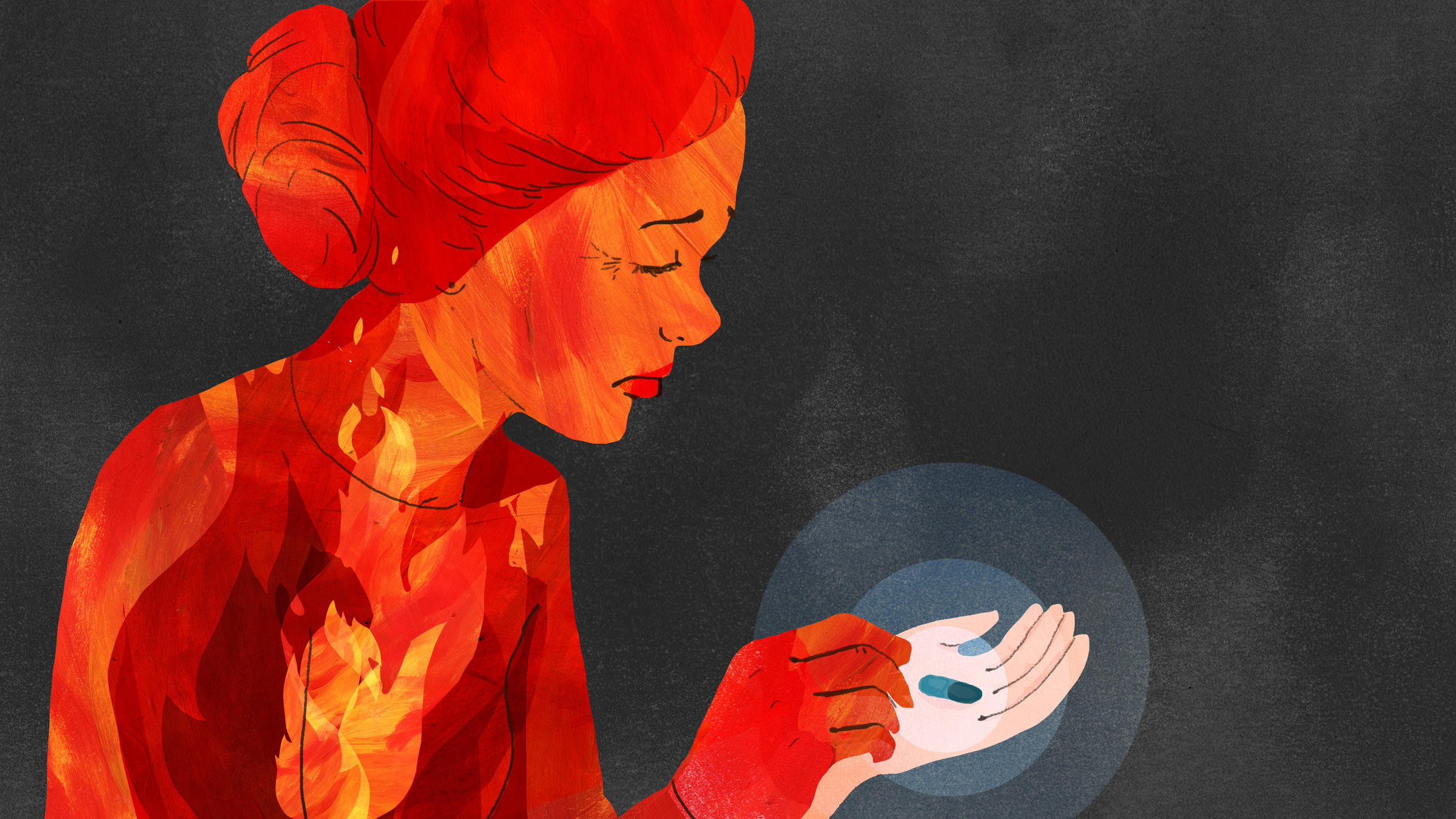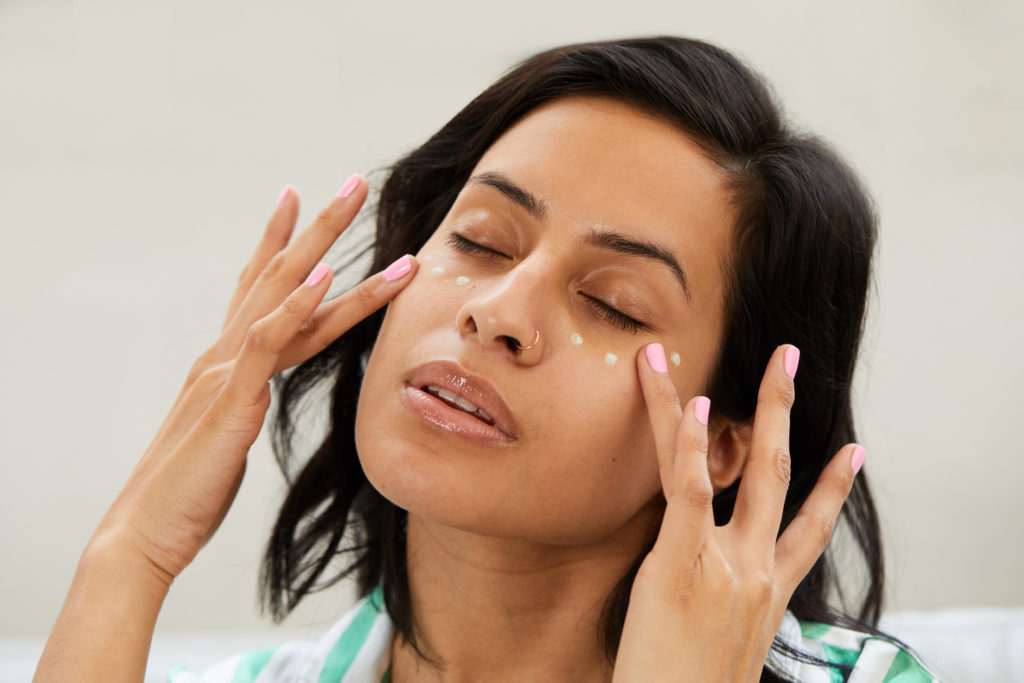Menopause Hormone Bounce

These are the major players says anna cabeca d o a gynecologist and author of the hormone fix.
Menopause hormone bounce. But in the years after menopause the hormonal commotion you may experience can often be traced to cortisol insulin and oxytocin. Hormones just don t cooperate during this time which is probably why you re wanting to get them tested in the first place and hormone tests can only really offer a limited snapshot of where. With less fsh in the body the stimulation of the ovaries also decreases. It s not out of the ordinary to experience mood swings sadness and even rage during.
In the years leading up to menopause perimenopause your estrogen and progesterone levels bounce up and down. During menopause your hormone production changes big time. These shifting hormone levels can make your periods lighter or heavier than usual. Menopause brings about a decrease in your body s production of collagen and elastic fibers.
The hormonal changes of menopause combined with its side effects can have a significant impact on your mood. The risks of hormone therapy vary depending on whether estrogen is given alone or with progestin and on the dose and type of estrogen. Menopause brings about many changes in your body s functions hormonal composition and appearance. This causes an imbalance called estrogen dominance ed where estrogen is higher relative to progesterone.
The reduction of estrogen and progesterone levels results in perimenopause symptoms such as hot flashes and mood swings. While there are uses for having hormone levels tested pinpointing your place on the perimenopause to menopause journey probably isn t one of them. The endocrine system tells the body to produce less follicle stimulating hormone fsh. Type of hormone therapy.
Their moods may bounce up and down like a rubber ball due to the menopause hormone changes. One of the more noticeable changes is the loss of your skin s elasticity characterized by loose saggy wattles and deep wrinkles. Hrt also known as hormone therapy menopausal hormone therapy and estrogen replacement therapy is the most effective treatment for menopause symptoms. In the early stages your ovaries start to falter but they will still produce normal amounts of estrogen.
But if hormone therapy is started before the age of 60 or within 10 years of menopause the benefits appear to outweigh the risks.


















